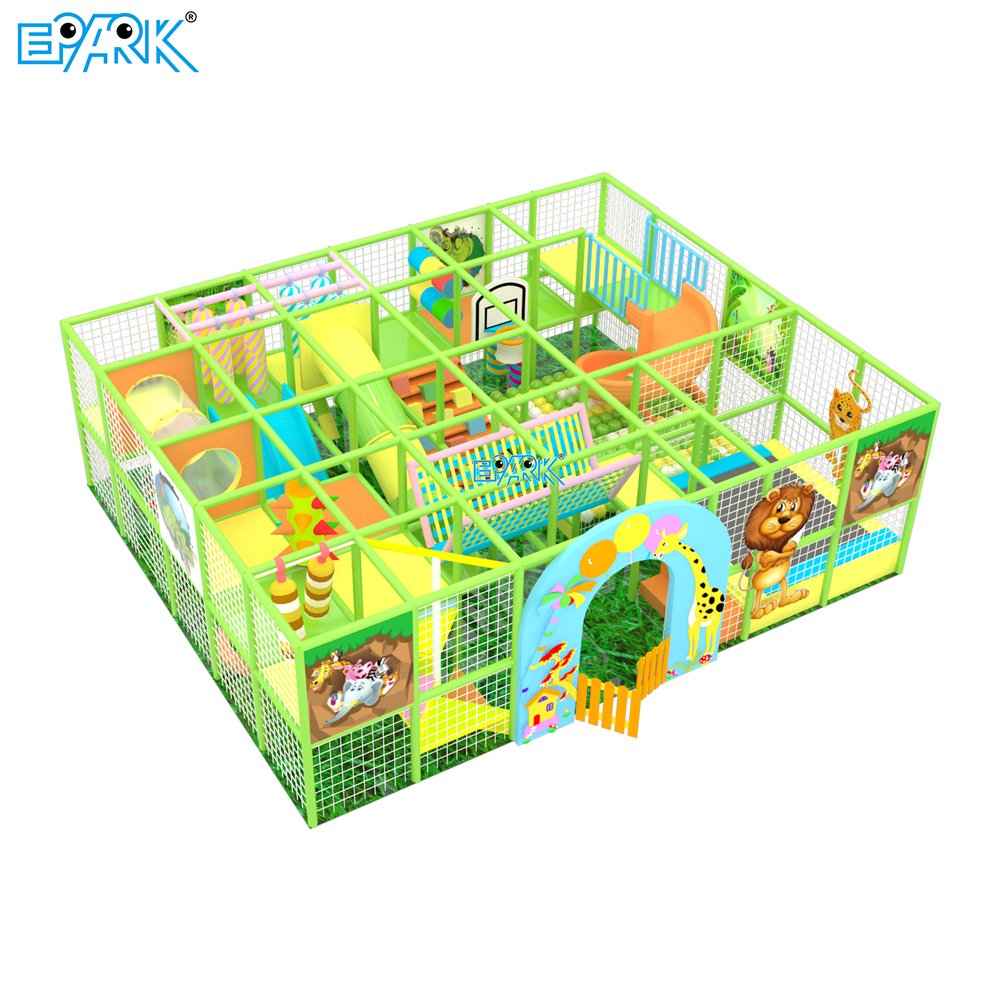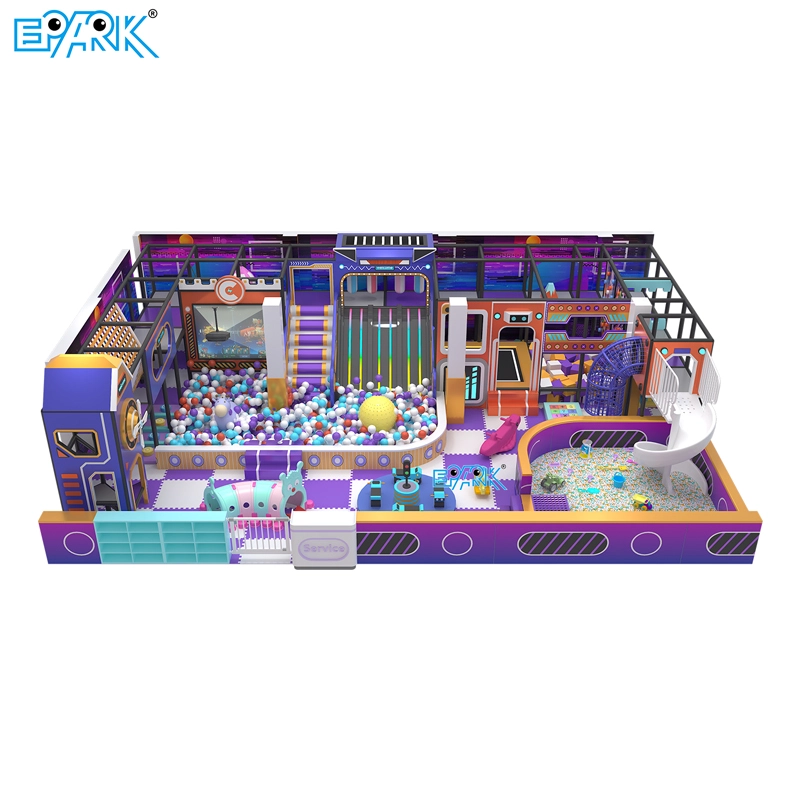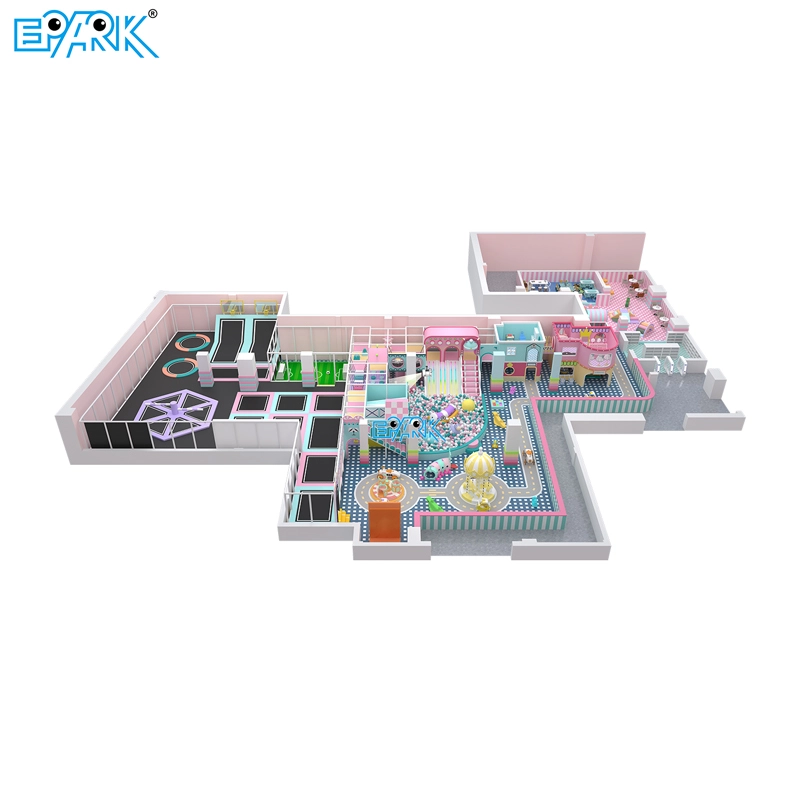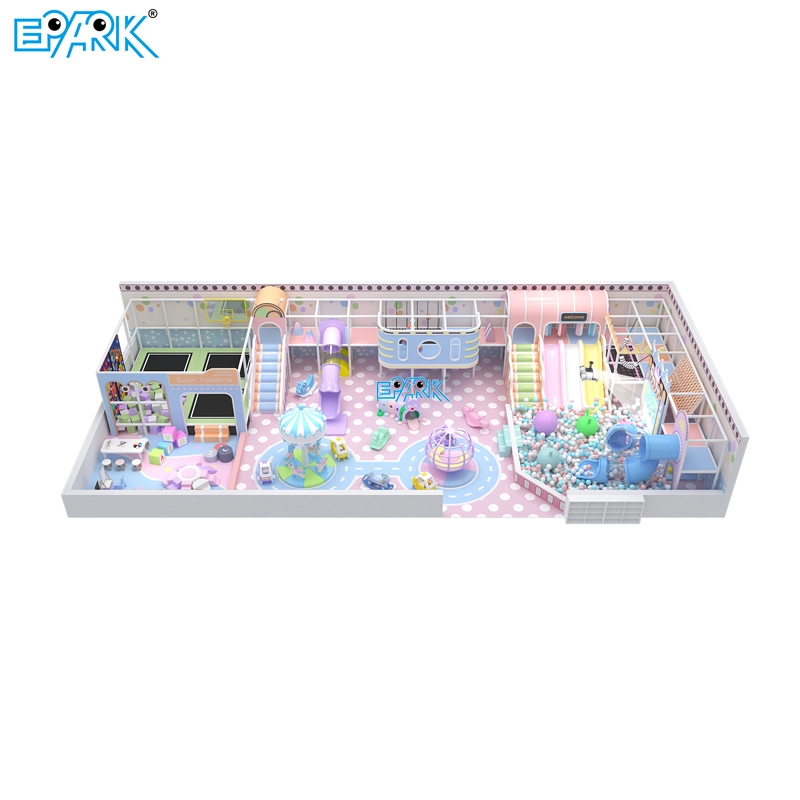Table of Contents
The Ultimate Guide to Modular Indoor Playground Equipment for B2B Operators
Investing in modular indoor playground equipment can transform your family entertainment center, childcare facility, or indoor play venue. Modular systems provide flexibility, scalability, and cost efficiency, allowing operators to create safe, engaging, and profitable indoor playground experiences. This guide covers practical strategies for selecting components, designing layouts, and maximizing ROI while supporting child development.
Understand Your Audience and Play Objectives
When designing an indoor playground, it is essential to define the target age groups. Toddlers require soft, enclosed play areas, while older children prefer climbing structures, slides, and interactive zones. Aligning your indoor playground design with your business model ensures maximum engagement:
Family Entertainment Centers: Focus on interactive features, high-energy zones, and revenue-generating activities.
Childcare Centers: Emphasize safe exploration, sensory play, and physical development opportunities.
Optimize Space and Layout Efficiency
Modular indoor playgrounds can be scaled to any space, from compact play corners to multi-level entertainment centers. Consider:
Efficient use of floor and vertical space
Safe buffer zones around equipment (75–100 sq ft per child recommended)
Zoning based on age and activity type to balance active, sensory, and quiet areas
Prioritize Safety and Compliance
Select equipment that meets recognized safety standards, such as ASTM F1918 for indoor playgrounds and ASTM F1487 for general safety. Key considerations include:
Soft platforms, padded structures, and foam surfaces
Clear sightlines for staff supervision
Non-slip and durable materials for frequent use
Choose Durable Materials and Ensure Easy Maintenance
High-quality indoor playground equipment should be built with:
PVC, reinforced plastics, and powder-coated steel
Anti-microbial padding and abrasion-resistant fabrics
Wipe-clean and replaceable panels for minimal downtime
Integrate Modular and Customizable Design
Modular indoor playground systems adapt over time, allowing phased installation to match budget and space constraints. Custom theming—such as jungle, pirate, or space motifs—enhances visual appeal and supports your brand identity.
Promote Learning and Engagement
Include elements that encourage cognitive and physical development:
Sensory, musical, and educational interactive panels
Climbing ramps, slides, and tunnels to support gross motor skills
Ball pits and nested zones to foster social interaction
Plan Budget and ROI Strategically
Estimate total costs including modular equipment, installation, surfacing, and maintenance
Use phased installation or financing options to manage cash flow
Focus on features that drive revenue, such as party hosting areas and themed attractions
Select Experienced Manufacturers and Reliable Support
Partner with indoor playground suppliers who offer in-house design, production, and installation. Evaluate their support services, including CAD layout, warranties, and after-sales service, to ensure a smooth project lifecycle.
Maintain Hygiene and Cleanability
Indoor playground equipment should be easy to sanitize. Use spill-resistant and germ-resistant materials, implement routine cleaning schedules, and provide visible hygiene signage to reassure parents and staff.
Plan for Future Growth
Scalable modular systems allow your indoor playground to expand with increasing audience demand. Keep spare parts and update play elements to stay current with safety standards and emerging trends.
Conclusion
Selecting the right modular indoor playground equipment balances safety, engagement, durability, and business ROI. By considering audience needs, zoning, certified materials, and modular flexibility, operators can build high-performing indoor playgrounds that delight children and generate lasting value.
Call to Action
Ready to elevate your indoor playground experience? Contact us today to explore custom modular designs, 3D layouts, and turnkey installation services. Build a safe, fun, and profitable indoor playground for your venue.




